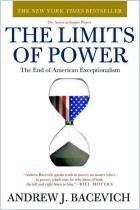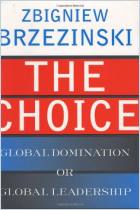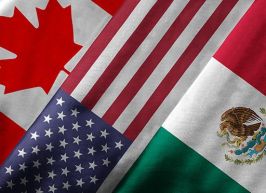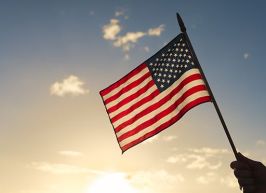Melden Sie sich bei getAbstract an, um die Zusammenfassung zu erhalten.

Melden Sie sich bei getAbstract an, um die Zusammenfassung zu erhalten.
H. W. Brands
What America Owes the World
The Struggle for the Soul of Foreign Policy
Cambridge UP, 1998
Was ist drin?
U.S. foreign policy zigzags between those who feel the country should set an example, and those who feel it should enforce its sense of what is right. Join the debate with the era's top U.S. leaders, from Jefferson to Reagan.
Recommendation
H. W. Brands provides an excellent historical review of the complexities of United States foreign policy. He analyzes all major foreign policy positions from the intellectual ground staked out by the major political writers of each period. This book is an invaluable tool for anyone who wishes to develop or supplement knowledge on the subject, up through the Reagan years. The reader must be prepared to invest time and effort to maximize the benefits from reading this book. However, it is worth the effort. getAbstract.com recommends this book to anyone interested in United States foreign policy, and in relations between the United States and the Soviet Union.
Summary
About the Author
H. W. Brands, the Ralph R. Thomas Professor of History at Texas A&M University, holds degrees from Stanford University, Reed College, Portland State University, and the University of Texas. His previous books include The Spector of Neutralism, Inside the Cold War, The United States in the World, The Wages of Globalism, The Reckless Decade, and T.R.: The Last Romantic.






















Comment on this summary